Today I was experimenting with Chronicle Map. Here is a code sample:
package experimental;
import net.openhft.chronicle.core.values.IntValue;
import net.openhft.chronicle.map.ChronicleMap;
import net.openhft.chronicle.values.Values;
public class Tmp {
public static void main(String[] args) {
try (ChronicleMap<IntValue, User> users = ChronicleMap
.of(IntValue.class, User.class)
.name("users")
.entries(100_000_000)
.create();) {
User user = Values.newHeapInstance(User.class);
IntValue id = Values.newHeapInstance(IntValue.class);
for (int i = 1; i < 100_000_000; i++) {
user.setId(i);
user.setBalance(Math.random() * 1_000_000);
id.setValue(i);
users.put(id, user);
if (i % 100 == 0) {
System.out.println(i + ". " +
users.values()
.stream()
.max(User::compareTo)
.map(User::getBalance)
.get());
}
}
}
}
public interface User extends Comparable<User> {
int getId();
void setId(int id);
double getBalance();
void setBalance(double balance);
@Override
default int compareTo(User other) {
return Double.compare(getBalance(), other.getBalance());
}
}
}
As you see in above code I am just creating User object and putting it in Chronicle Map, and after each 100th record I am just printing the User with max balance. But unfortunately it is producing some garbage. When I monitored it with VisualVM I got the following:
It seems using streams in Chronicle Map will produce garbage anyway.
So my questions are:
* Does this mean that I should not use Streams API with Chronicle Map.
* Are there any other solutions/ways of doing this?
* How to filter/search Chronicle Map in proper way because I have use cases other than
just putting/getting data in it.
